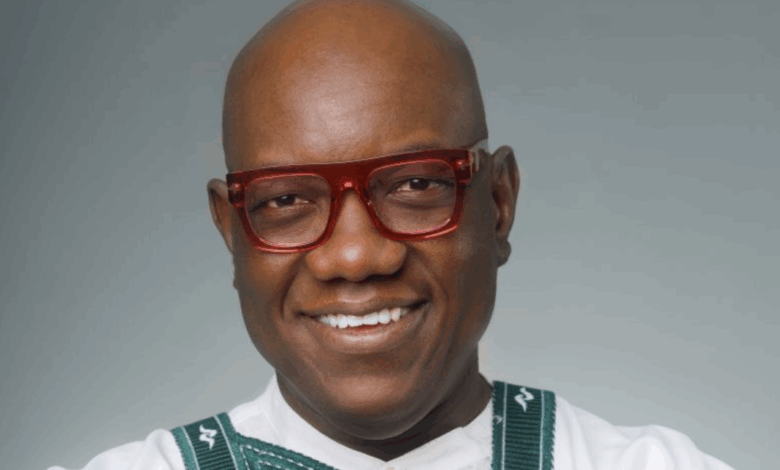Kofi Asmah: Why Ghana keeps producing followers, not leaders


A few days ago, my 12-year-old niece, Asantewaa, looked at me with quiet frustration. “Uncle Kofi,” she said, “they told me to cut my hair before school reopens. I’ve always kept it natural. Why must I lose it just to fit in?”
Her question wasn’t about hair — it was about freedom.
The new directive from the Ghana Education Service (GES), highlighted by my good friend and law school classmate, Haruna Iddrissu, requiring students to keep low-cut hair, has reignited an old debate about discipline and conformity.
On the surface, it’s about grooming. But beneath it lies something far more dangerous — our education system’s fear of difference, and how it continues to produce students who are afraid to think, afraid to lead, and afraid to succeed.
For decades, our classrooms have prized obedience over originality.
We were taught to follow, not to question; to memorise, not to imagine.
We lined up for inspections, marched in perfect order to the national anthem, and learned that silence was safer than curiosity. It produced discipline — but it also produced generations afraid to stand out.
That same mindset now shapes our society.
We admire success but secretly fear it.
We praise innovation yet punish difference.
We talk about leadership but reward conformity.
The result? A nation full of talented people waiting for permission to shine.
Under the Education Act, 2008 (Act 778) and the GES Code of Conduct, schools may regulate discipline and grooming — but only if such rules are reasonable and consistent with constitutional rights to dignity, equality, and freedom of religion or expression.
Yet in practice, these policies are often enforced without context or consultation — leaving students like Asantewaa questioning not just authority, but identity.
Hair, in this debate, is only a symbol.
It represents individuality, confidence, and courage — the raw materials of leadership.
When a child is told to cut their hair to “fit in,” they learn early that safety lies in sameness.
And so, we raise brilliant minds who hide their light to avoid standing out; young people who would rather conform than lead.
Meanwhile, the world’s most successful people are disruptors.
Elon Musk reimagined cars and space.
Oprah Winfrey turned her difference into a global movement.
Steve Jobs transformed communication.
Aliko Dangote defied limits to industrialise Africa.
And Kwame Nkrumah — our own — challenged an empire to free a nation.
If Ghana truly wants to raise thinkers, inventors, and leaders, our schools must stop teaching fear and start nurturing freedom. Because the real danger isn’t long hair — it’s short vision.
Ghana’s future will not be built by those who blend in, but by those who dare to stand out.
DISCLAIMER: The Views, Comments, Opinions, Contributions and Statements made by Readers and Contributors on this platform do not necessarily represent the views or policy of Multimedia Group Limited.
DISCLAIMER: The Views, Comments, Opinions, Contributions and Statements made by Readers and Contributors on this platform do not necessarily represent the views or policy of Multimedia Group Limited.
Source link





